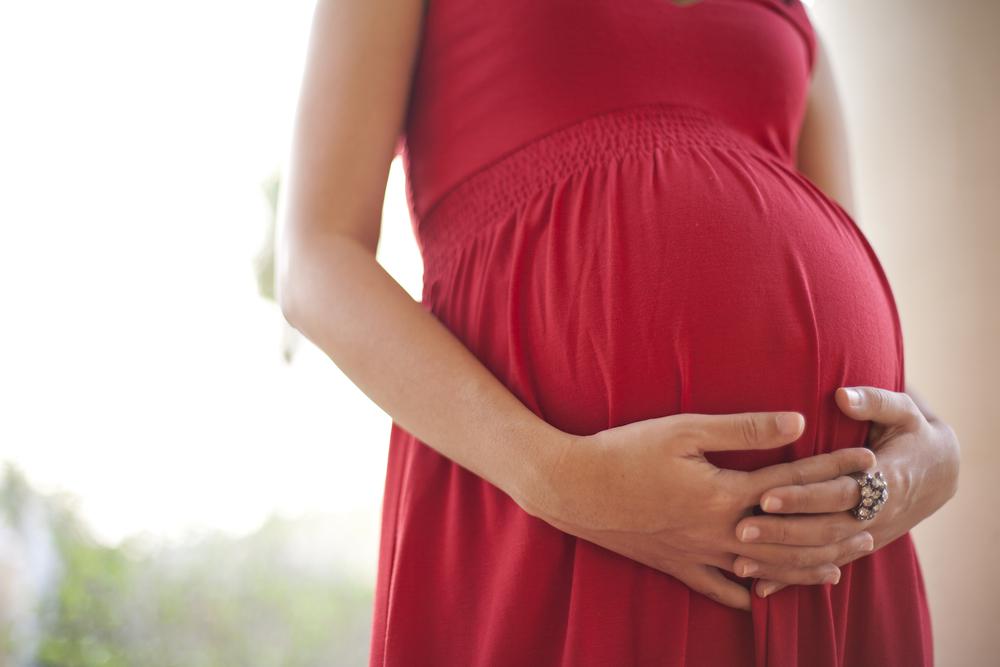I often joke that working in women’s media for six years has made me way too aware about how one’s fertility declines with age. My husband and I decided to start trying to conceive when I was 29, in part, because I knew, from all of the articles I’d read on the job, that my eggs were rapidly shriveling up and dying with each passing day. I should amend that statement. I thought I knew my eggs were rapidly shriveling up and dying. A jaw-dropping new article by Jean Twenge in the Atlantic shows that a lot of what we’ve been told about the fertility plunge that happens to women in their 30s has been highly oversold.
Here’s just one example of how imprecise the popular literature surrounding fertility is. Facts that I remember parroting to my husband—that I had a 20 percent chance of conceiving each time I ovulated—turn out to be based on no specific published medical literature. The study that Twenge did discover, by biostatistician David Dunson who is now at Duke University, found that:
[I]ntercourse two days before ovulation resulted in pregnancy 29 percent of the time for 35-to-39-year-old women, compared with about 42 percent for 27-to-29-year-olds. So, by this measure, fertility falls by about a third from a woman’s late 20s to her late 30s. However, a 35-to-39-year-old’s fertility two days before ovulation was the same as a 19-to-26-year-old’s fertility three days before ovulation: according to Dunson’s data, older couples who time sex just one day better than younger ones will effectively eliminate the age difference.
Even more shocking is that a lot of the statistics we hear about modern fertility are based on historical data from French birth records from 1670 to 1830. According to Dunson’s research on contemporary women, there is only a 4 percent drop in pregnancy rates from age 28 to age 37. This comes as a huge shock because almost everything I’ve read takes it as a given that age 35 is a huge cliff that you will fall off of with a resounding splat.
It is true that if you have fertility problems, it’s better to know that sooner rather than later, as interventions work more successfully on younger women. And Twenge does bring up the fact that birth defects increase with a mother’s age—though not as much as we might think. The data about all of this is still sparse and we need more research to know more. Some things Twenge’s article doesn’t mention: how pregnancy can affect an older woman’s body differently than it affects a younger woman’s body. And then there are the benefits that are not quite so tangible—enjoying your children for longer; having a greater probability of seeing grandchildren; having your own parents be involved in your child’s life.
That said, it’s wonderful news that the statistics about fertility decline have potentially been exaggerated. Then perhaps we can push back against attitudes that women are “waiting too long” because they’re deluded or selfish or career-obsessed. That won’t be easy, though—there are comments even on Twenge’s piece like, “one thing is choosing not to have babies and another one is to wait too long and then complain that an IVF costs too much or think that your miscarriages are treatable with some sort of ‘cure’. Nope!”
Most women time their children based on a host of factors—economic stability and romantic stability among them. We can’t all snap our fingers and have a good marriage and a stable career in our 20s because that’s the “optimal” age to have children. I’d also love to be able to dance and have really, really thick hair, but that ain’t happening either. It’s good to hear that our bodies will cooperate with the way society has changed. I don’t know that I would have made my choices differently armed with this new knowledge. But I’m glad it’s out there.
